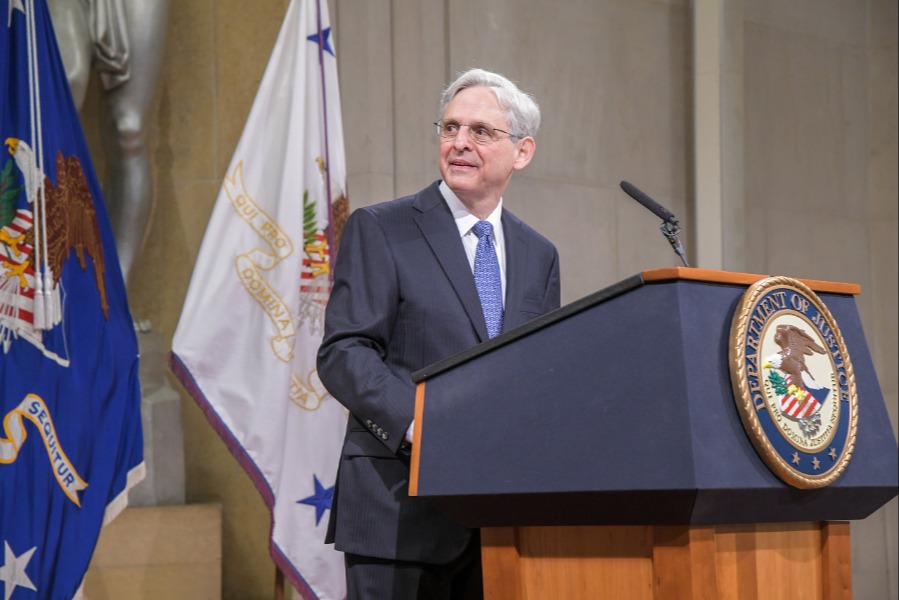Today, Attorney General Merrick Garland has appointed Delaware U.S. Attorney David Weiss as special counsel in the Hunter Biden matter. This decision was made in response to Weiss’s request for such status. The investigation by Weiss has been ongoing since 2019, during the Trump administration. Garland stated that Weiss had requested the appointment and, after considering his request and the extraordinary circumstances surrounding the matter, Garland concluded that it is in the public interest to appoint him as Special Counsel.
This appointment marks the appointment of three separate special counsels. One to investigate President Biden’s classified documents matter, another to investigate his son Hunter in connection with potential crimes, and a third to investigate former President Trump in his classified documents matter and in connection with the events of January 6.
There are specific regulations in place for the appointment of special counsel, specifying that they must be selected from outside the U.S. government. However, Attorney General Garland circumvented this requirement by not appointing Weiss under these regulations. This approach has been used in previous special counsel appointments as well. Former Attorney General Barr also made a similar move when he appointed U.S. Attorney John Durham as Special Counsel. Barr appointed Durham under his general authorities and then made the core special counsel regulations applicable by reference, excluding the requirement for special counsel to be appointed from outside the Department.
The decision to appoint Weiss as special counsel raises questions about why he sought this status and why Garland granted it. Weiss has previously operated with ordinary U.S. attorney powers and assurances of detachment and independence under the Trump and Biden administrations. The change in circumstances may be related to a recent plea deal that fell apart in court, leading to Hunter Biden pleading not guilty to tax charges. Weiss has filed a document stating that the venue for these offenses lies outside of Delaware, where he is U.S. Attorney. This new adversarial aspect of the case, along with the lack of jurisdiction in Delaware, may have necessitated the Department giving Weiss the authority to proceed. However, it is unclear why special counsel status was necessary in this situation.
Overall, the appointment of Weiss as special counsel has implications for President Biden. The use of special counsels to investigate senior officials and address abuses of power has historically proven to be controversial and unsatisfactory. The appointment of Weiss may be an attempt by Garland to enhance the legitimacy of the investigation into Hunter Biden, but its effectiveness remains to be seen.
In conclusion, the appointment of David Weiss as special counsel in the Hunter Biden matter raises questions about the reasons behind the appointment and its potential impact in the larger context. The use of special counsels has not always achieved the desired legitimacy and closure, and it remains to be seen how this appointment will impact the ongoing investigations.

